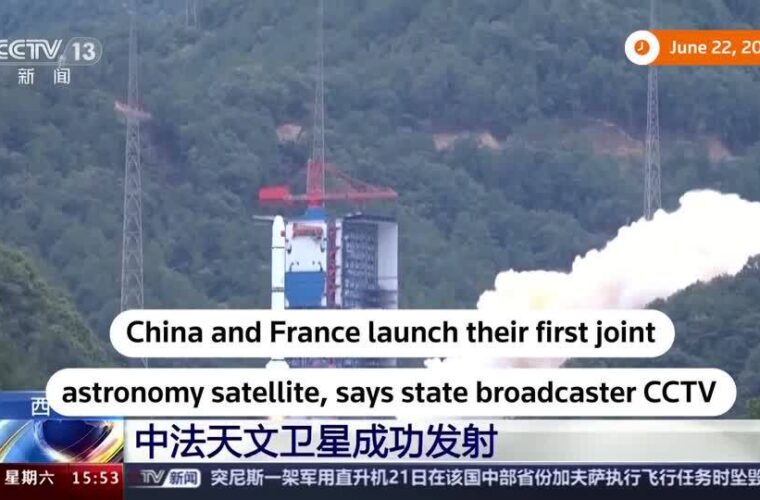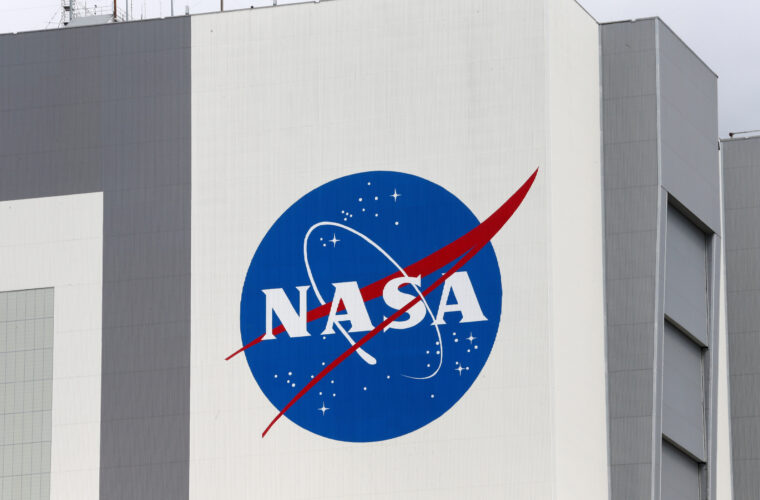On the second episode of the 4i-magazine podcast: Space debris, how it threatens active satellites, and what we can do to reduce space “pollution”
While we hear a lot about climate change and how we should protect the environment, we may not be aware that we have already started “polluting” space. Since the early space missions, humans have left a number of objects in orbit, posing a threat to active satellites and new missions (by collision or explosion). We are not talking about natural objects, like pieces of rocks (also found in our orbit, see the first episode of this podcast on Risky Asteroids), but man-made material that spans from millimeters to several meters in diameter.
In the second episode of the 4i-magazine podcast, space debris analyst Stijn Lemmens talks about the European Space Agency’s (ESA) projects to mitigate this problem.
Despite the space debris mitigation guidelines that have been in place since the early 2000s, Stijn says that the debris currently populating our orbit may be too large for an effective counteraction. The idea is to remove about 5 large objects per year, reducing the likelihood of seriously catastrophic collisions with active satellites that provide useful services on Earth (e.g. communication and GPS information).
It is not obvious how to reduce the debris problem: it is important to stop leaving material behind after new missions, but what to do with existing debris? Some of it can be brought back to the ground, but some can be shot far away from the Earth’s orbit. Stijn’s job at ESA consists in coordinating teams of experts that monitor and track the debris, and the engineers that plan new missions so that they are safe and do not contribute to make the debris problem worse.



